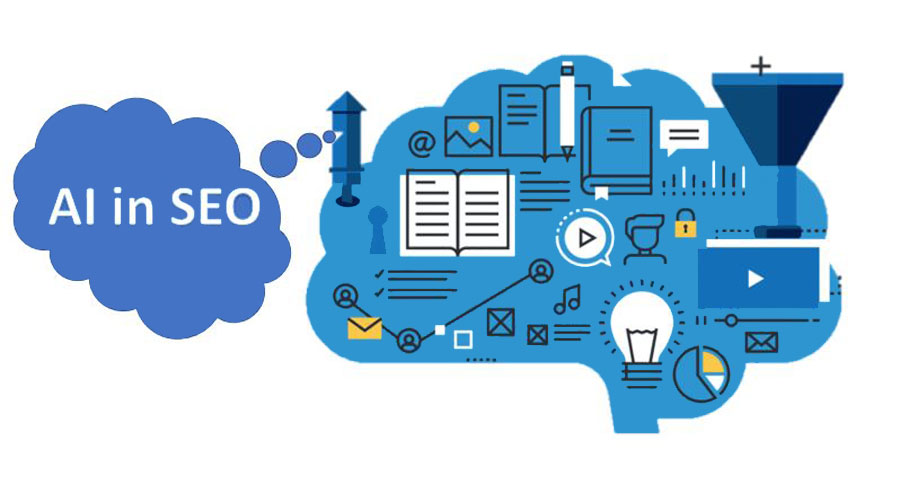Generative AI has transformed the way content is created and optimized for search engines. By understanding how these AI-driven tools differ in their SEO approaches, businesses can strategically enhance visibility and attract highly targeted organic traffic. Unlike traditional methods, generative AI can analyze large datasets, predict user intent, and generate content that aligns with search engine algorithms while keeping readers engaged. Leveraging these differences allows marketers to optimize websites more effectively, reduce manual effort, and focus on producing content that resonates with their audience.
Generative AI SEO Differences
Generative AI SEO differs from conventional optimization in several key areas:
- Content Personalization: AI can craft content tailored to specific user interests, increasing engagement and dwell time.
- Keyword Optimization: Generative models analyze trending and long-tail keywords, ensuring content matches search intent.
- Semantic Relevance: AI focuses on context rather than just exact keyword matches, improving ranking opportunities.
- Automated Content Suggestions: Tools provide real-time ideas for headings, meta descriptions, and FAQs to align with SEO standards.
Integrating generative AI into your SEO strategy can significantly improve content performance. For researchers and marketers aiming to enhance content quality and audience reach, exploring AI-driven SEO solutions offers measurable benefits. Platforms like https://planetecourse.net/the-role-of-generative-ai-in-transforming-research-methods/ showcase how AI supports content generation and optimization, streamlining workflows while maintaining high relevance and accuracy.

Benefits for Driving Targeted Organic Traffic
Utilizing generative AI for SEO enhances traffic in multiple ways:
- Improved Ranking: AI-generated content adheres to search engine algorithms, helping pages rank higher.
- Engagement Metrics: Personalized and contextually relevant content increases click-through rates and time on page.
- Efficiency: Automated content generation reduces time spent on research and drafting, allowing for more frequent updates.
- Scalability: Businesses can consistently produce high-quality content at scale without compromising relevance.
Practical Applications
Applying generative AI to SEO can include:
- Topic Clustering: AI identifies related topics and builds content clusters that strengthen site authority.
- Content Refresh: AI suggests updates to existing pages based on evolving search trends.
- Meta Optimization: Generative AI crafts compelling titles and meta descriptions that improve organic CTR.
- Competitor Analysis: Tools analyze competitor content strategies and suggest areas for improvement.
Key Takeaways
Generative AI SEO differences allow businesses to focus on strategic content creation that directly drives targeted traffic. By leveraging AI capabilities:
- Marketers can align content with user intent and search engine requirements.
- Websites benefit from higher visibility, increased engagement, and stronger organic performance.
- Automated suggestions and optimizations save time while maintaining quality.
Adopting these AI-driven approaches ensures content not only ranks well but also connects with
